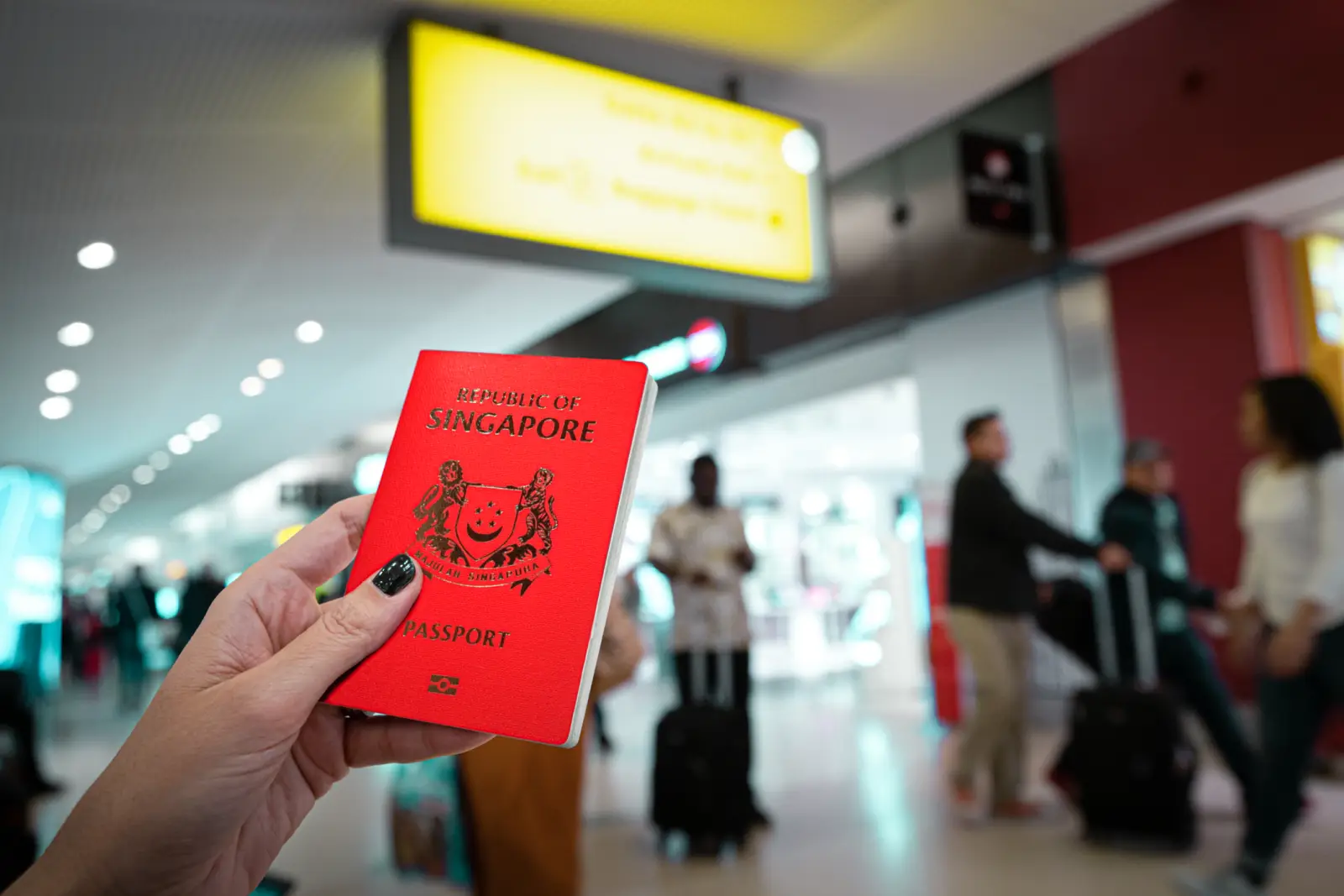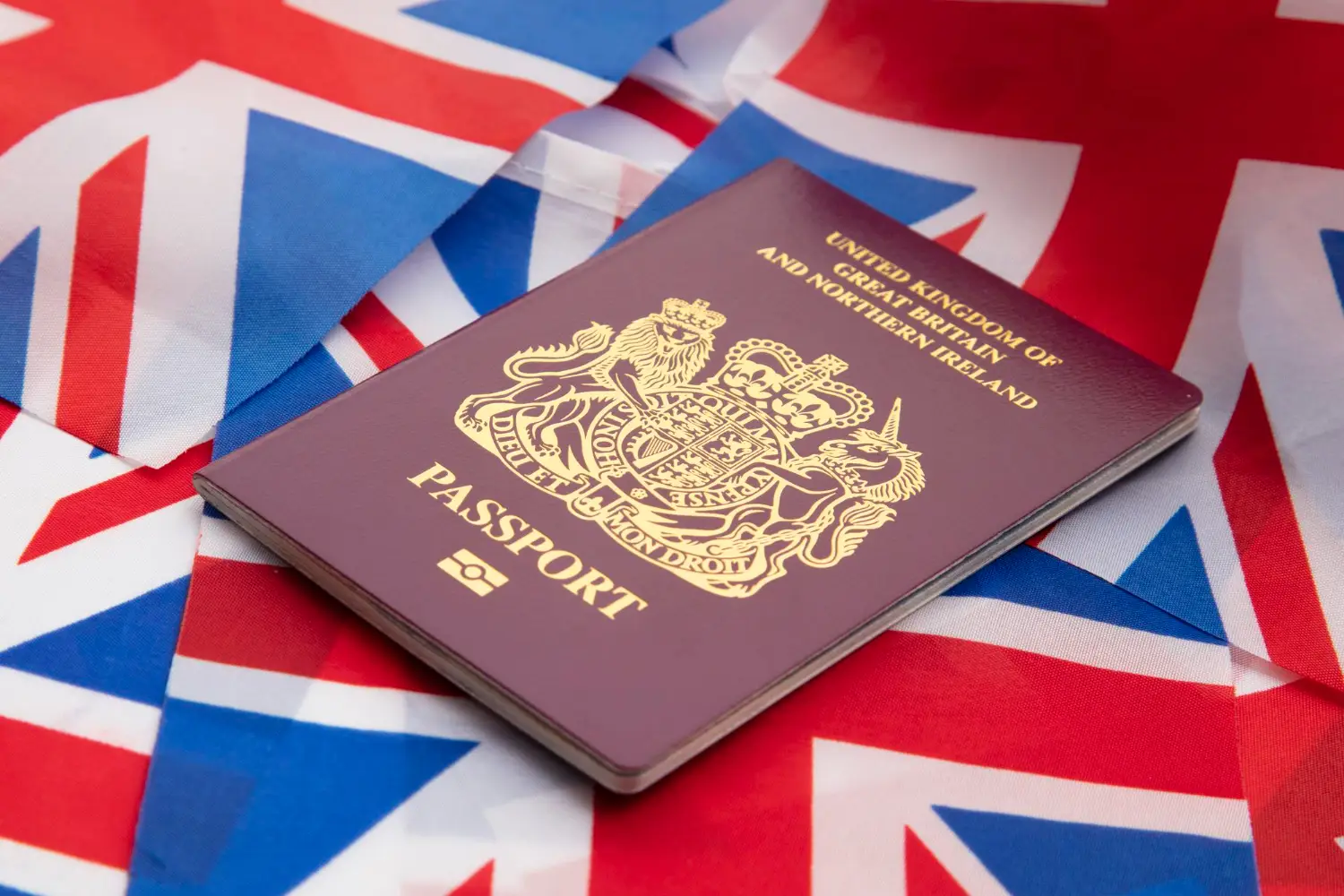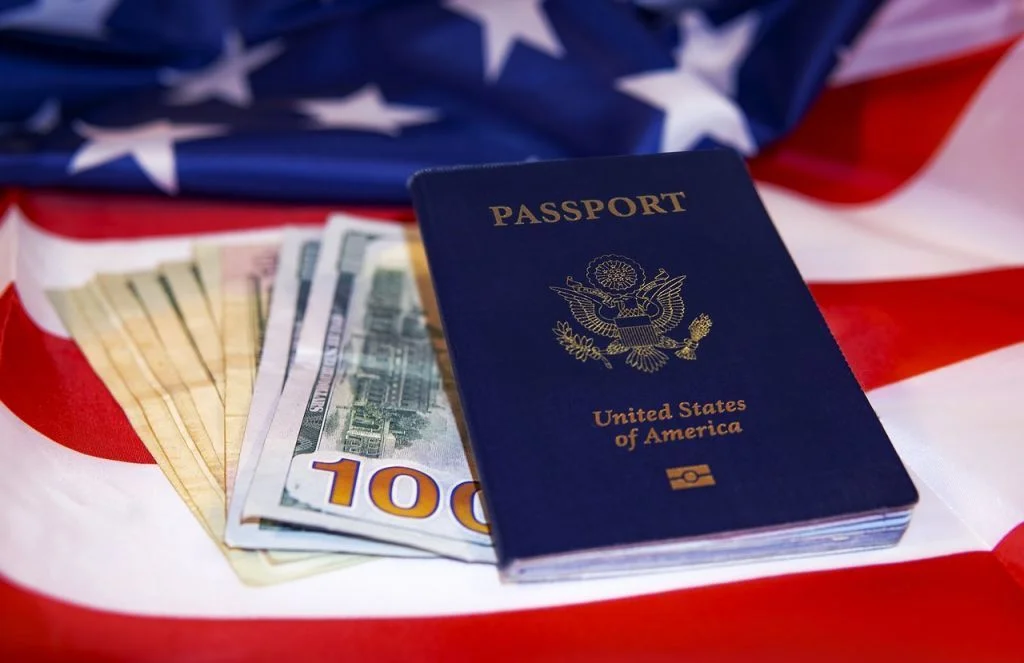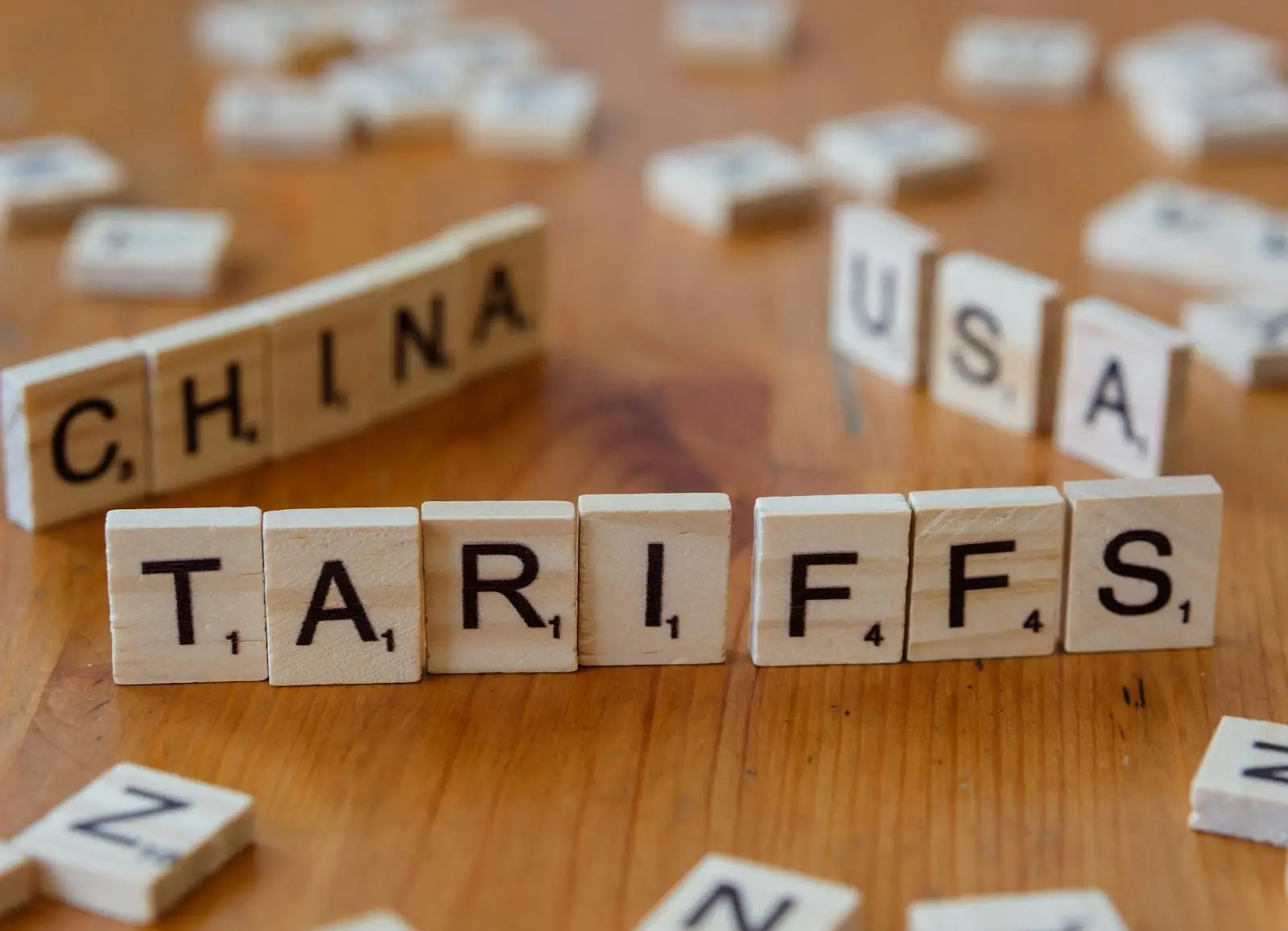Singapore leads the 2025 Henley Passport Index, reclaiming its position as the world’s most powerful passport. With visa-free access to 195 destinations out of 227, Singapore pulls ahead of Japan, which holds the second spot with access to 193 destinations.
Singapore and Japan break away from the group of six countries that shared top spot last year to secure gold and silver, respectively, on the 2025 Henley Passport Index.
The Henley Passport Index, based on exclusive data from the International Air Transport Association (IATA), evaluates 199 passports by the number of visa-free destinations they offer. This year’s report underscores evolving global mobility patterns, reflecting broader economic and political trends.
A New Leader Emerges
Singapore’s rise to the top comes after breaking away from a six-country tie in 2024. The city-state’s ability to secure increased access to international destinations solidifies its reputation as a global mobility leader. Japan’s second-place finish marks a slight drop, though it remains the highest-ranking passport in East Asia. A notable factor contributing to Japan’s strength is the restoration of visa-free access to China, a crucial move post-Covid lockdowns.
Meanwhile, several European Union (EU) countries — including France, Germany, Italy, and Spain — have slipped to third place. Each now offers visa-free access to 192 destinations, sharing their rank with Finland and South Korea. These shifts, while modest, reflect subtle changes in diplomatic relations and international agreements.
Shifting Global Passport Power
The broader trends reveal Asia’s continued ascent, with countries like Japan and South Korea consistently ranking high. However, European passports maintain strong positions, with Austria, Denmark, Ireland, Luxembourg, Netherlands, Norway, and Sweden securing fourth place with access to 191 destinations. Belgium, New Zealand, Portugal, Switzerland, and the UK follow closely in fifth place with 190 visa-free destinations.
Australia holds sixth place with access to 189 destinations, while Canada ranks seventh with 188. Notably, the United States continues its downward trend, falling to ninth place with visa-free access to 186 destinations. This marks a seven-position drop since 2015, positioning the US as the second-biggest faller in the rankings over the past decade, trailing only Venezuela.
The United Arab Emirates (UAE) emerges as a key success story, climbing to tenth place with access to 185 destinations. The UAE’s rise reflects strategic diplomatic initiatives, securing visa agreements with 72 additional countries since 2015. As the first Arab state to enter the top 10, the UAE’s performance signals a growing influence in global mobility.
Mobility Disparities Widen
While some countries celebrate enhanced mobility, others continue to face significant barriers. Afghanistan remains at the bottom of the index, with visa-free access to just 26 destinations. The gap between Afghanistan and Singapore now stands at 169 destinations — the largest disparity in the index’s 19-year history.
Dr. Christian H. Kaelin, Chairman of international investment migration advisory firm Henley & Partners and the inventor of the passport index concept, says “the very notion of citizenship and its birthright lottery needs a fundamental rethink as temperatures rise, natural disasters become more frequent and severe, displacing communities and rendering their environments uninhabitable. Simultaneously, political instability and armed conflicts in various regions force countless people to flee their homes in search of safety and refuge. The need to introduce Free Global Cities to harness the untapped potential of displaced people and other migrants, transforming them from victims of circumstance into architects of their own futures has never been more pressing or apparent”.
US and UK passports among the biggest fallers
Only 22 of the world’s 199 passports have fallen down the Henley Passport Index ranking over the past decade. Surprisingly, the US is the second-biggest faller between 2015 and 2025 after Venezuela, plummeting seven places from 2nd to its current 9th position. Vanuatu is the third-biggest faller, losing six places from 48th to 54th position, followed by the British passport, which was top of the index in 2015 but now sits in 5th place. Completing the Top 5 losers list is Canada, which dropped three ranks over the past decade from 4th to its current 7th place.
Annie Pforzheimer, Senior Associate at the Center for Strategic and International Studies, suggests the decline is reflective of broader geopolitical shifts. “The US’s inward-looking policies, coupled with restrictive immigration measures, have reduced its mobility power. This contrasts sharply with countries like China, which are expanding their global reach and influence,” she explains.
Dr. Tim Klatte, a Partner in Grant Thornton China and an adjunct professor at Shanghai New York University and Shanghai University of Finance and Economics, agrees, and adds that the upcoming second inauguration of US President-elect Donald Trump will mark a turning point in US–China economic relations and, by extension, for the world economy. “The Trump-era trade wars will not only be viewed as bilateral disputes — they will serve as transformative events for the global economy. Disrupting trade flows, raising costs, and sowing uncertainty will require businesses, governments, and international institutions to adapt to a new reality. This strategy raises serious concerns about the fragmentation of the global economy and the potential for increased geopolitical tensions. Trump has not been shy about his foreign policy strategies, from Canada to China, and his direct approach will continue to present doubts in the confidence of the USA’s passport power moving forward.”
The Rise of Dual Citizenship
As mobility declines for some, demand for dual citizenship and alternative residencies is on the rise. In 2024, Americans accounted for 21% of all investment migration program applications handled by Henley & Partners. This trend underscores the growing interest in acquiring second passports as a form of “political risk insurance.”
CEO Dr. Juerg Steffen says the firm has more American clients than the next four largest nationalities—Turkish, Filipino, Indian, and British—combined.
Looking ahead to 2025, projections by Henley & Partners and New World Wealth indicate an even greater surge in millionaire migration worldwide, with 142,000 high-net-worth individuals with liquid investable wealth of USD 1 million or more expected to relocate and seek new horizons. Dr. Steffen says, “this represents the most significant wealth migration wave ever documented and reflects fundamental changes in how affluent individuals are mitigating risks and creating opportunities in an increasingly unstable and polarized world”.
Political risk insurance
Commenting in the Henley Global Mobility Report 2025 Q1, Prof. Peter J. Spiro of Temple University Law School in Philadelphia and a leading expert on dual citizenship says the Trump reprise magnifies another element of value for alternative residence or citizenship rights: political risk insurance.
“This time around, the stakes are higher. During the first Trump administration, legacy political guardrails were still in place. Now, many are gone. There is a sense that what Trump wants, Trump will be able to get. His political agenda is mercurial, to say the least, and political uncertainty is the result. Americans can no longer take stability for granted. Trump can be fickle with outsiders, too. It is almost certain that he will resurrect the infamous “travel ban”, which he put in place a week after he first took office, early in the new administration. The ban precluded targeted nationals from securing permanent residence in the USA as well as a range of temporary-stay visas. But the bans did not apply to citizens of targeted states if they held an additional citizenship of a non-targeted state. The carve-out for dual citizens made sense.”
Visa racism: Africans twice as likely to be rejected for Schengen visas
In exclusive new research conducted for Henley & Partners and published in the Henley Global Mobility Report 2025 Q1, Prof. Mehari Taddele Maru of the School of Transnational Governance and the Migration Policy Centre at the European University Institute and of Johns Hopkins University School of Advanced International Studies, compared Schengen visa rejection rates for African applicants to those from other regions. “My latest research compares the 10 countries facing the highest Schengen visa rejection rates and reveals that while globally only one in six applications is rejected, one in two African applicants is rejected. In 2023, African countries accounted for just 2.8% of global applications out of a total of over 10 million worldwide, yet half of their applications were rejected. Even more concerning is that this trend has worsened over the past decade, with rejection rates more than doubling during this period.”
The research shows that among the top 10 countries facing the highest Schengen visa rejection rates, six are in Africa. Comoros fares the worst with a 61.3% rejection rate, followed by Guinea-Bissau at 51%, Ghana at 47.5%, Mali at 46.1%, Sudan at 42.3%, and Senegal at 41.2%. Three Asian countries and a European country complete the most-rejected list: Pakistan with 49.6%, Syria with 46%, and Bangladesh with 43.3%. The contrast becomes particularly stark when comparing Africa with Asia and global rates. Despite African countries submitting only half as many applications as Asian countries, African applicants were twice as likely to be rejected.
Prof. Maru says this pattern suggests that the variation in rejection rates between regions and nationalities extends beyond purely economic factors. “This growing disparity in visa rejection rates contributes to a broader pattern of global mobility inequality. As a result, African citizens find themselves at the bottom of the mobility ladder, which significantly limits their access to international economic opportunities. In short, the poorest individuals face the greatest difficulties when seeking to travel or move to more prosperous countries. I would argue that weak economies and discriminatory policies based on identity and culture explain the high rate of rejection for African Schengen visa applicants.”
Key travel trends in 2025: ETA and ETIAS
The world of travel is preparing itself for a digital overhaul in 2025. This year marks a pivotal uplift in digital border control, from the UK’s ETA expansions to the long-anticipated European Travel Information and Authorisation System (ETIAS). The UK has been rolling out its ETA system in phases. Initially open to Gulf Cooperation Council nationals in February 2024, the scheme extends to eligible non-European travelers this month (January 2025), including six million citizens from Australia, Canada, and the US. Eligible Europeans can apply from 5 March 2025 and will need an ETA to travel to the UK from 2 April 2025.
Similarly, Europe’s ETIAS, which has been delayed multiple times, is now expected to commence in May 2025. Those with a valid ETIAS authorization can enter 30 European countries as often as they want for short-term stays, normally for up to 90 days in any 180-day period.
Nick Careen, Senior Vice President, Operation, Safety and Security at IATA, says the organization and its members are currently trialing a pioneering project to deliver a fully digital air travel experience. “The transition to digital travel is more than just a technological upgrade — it’s a paradigm shift. By leveraging digital identity and biometrics, the aviation industry can deliver a level of efficiency and personalization that was previously unimaginable. But the impact goes beyond airports. A seamless travel experience could strengthen global connectivity, boost tourism, and support economic growth.”















